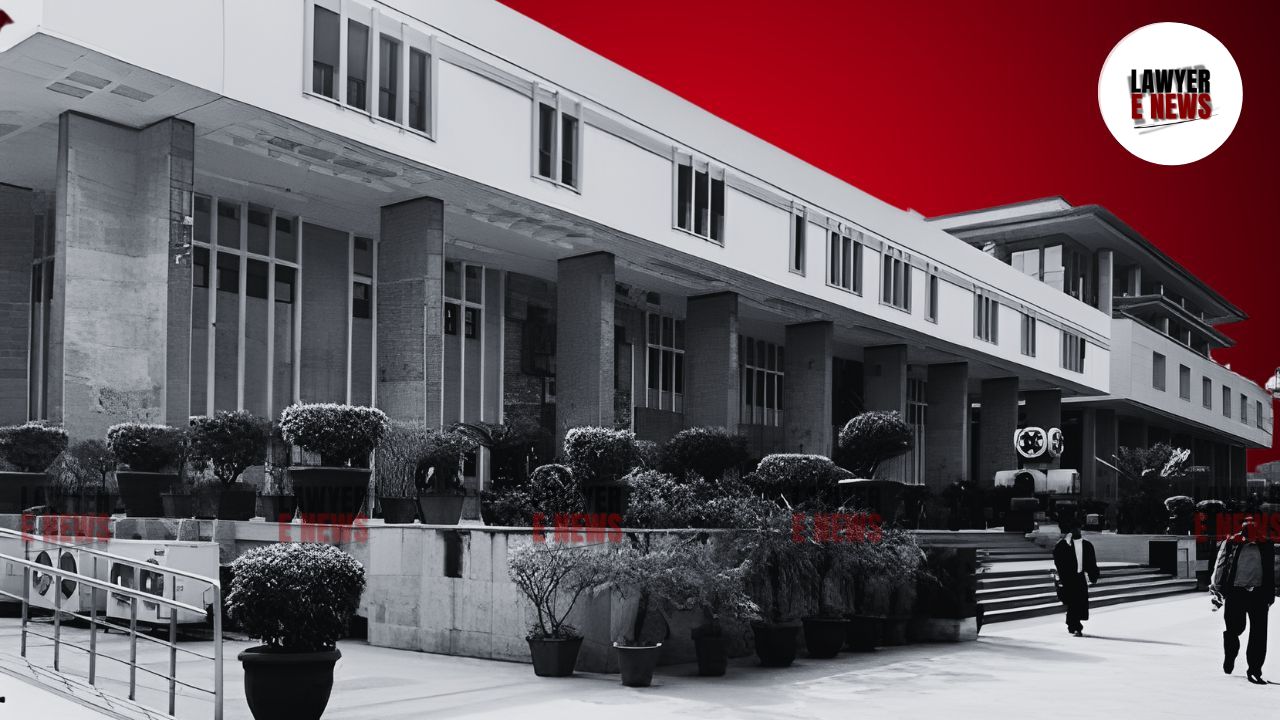-
by Admin
15 February 2026 5:35 AM



Delhi High Court Rules Joint Commissioner Lacked Authority for Sanction in Reassessment Notices Issued After Four Years. In a batch of writ petitions, Abhinav Jindal HUF & Others vs. Income Tax Officer & Ors., quashed reassessment notices issued under Section 148 of the Income Tax Act, 1961 for AY 2015-16. The petitioners successfully argued that the notices were sanctioned by the Joint Commissioner of Income Tax (JCIT), contrary to the requirements under Section 151, which mandates approval from higher authorities when more than four years have passed from the relevant assessment year.
The petitioners, including Abhinav Jindal HUF, challenged the reassessment notices issued by various income tax officers under Section 148 of the Income Tax Act for AY 2015-16. The core argument revolved around the improper approval process under Section 151. Since the reassessment notices were issued more than four years after the relevant assessment year, they required sanction from the Principal Chief Commissioner or other higher authorities as mandated by law. However, the sanction was instead obtained from the JCIT, which the petitioners claimed invalidated the notices.
The reassessment notices were also issued after the introduction of the Finance Act, 2021, which altered the procedural framework for issuing such notices, further complicating the legal standing of the sanctions granted by the JCIT.
Validity of Sanction under Section 151: The petitioners argued that the reassessment notices violated Section 151 of the Income Tax Act. According to the law, if more than four years have passed since the relevant assessment year, the sanction must come from the Principal Chief Commissioner, Principal Commissioner, or Chief Commissioner. However, in this case, the sanction was wrongly obtained from the JCIT.
“The approval granted by the JCIT would not be compliant with the scheme of Section 151.” [Para 40]
This made the reassessment action invalid under both pre- and post-Finance Act 2021 provisions, as the JCIT had no authority to grant sanction after the lapse of the statutory period.
The respondents relied on TOLA, arguing that it extended the time limits for reassessment due to the COVID-19 pandemic, allowing the JCIT's approval to be valid. However, the petitioners contended that while TOLA extended timelines, it did not alter the requirement of obtaining sanction from the appropriate authority as per Section 151.
“TOLA merely extended the period within which action could have been initiated... it does not alter or amend the structure for approval and sanction which stands erected by virtue of Section 151.” [Para 40]
The petitioners further argued that since the notices were digitally signed and issued after April 1, 2021, the amended provisions of Section 151 under the Finance Act 2021 should apply. Under this amended framework, the JCIT was not an authorized officer to grant approval.
“If more than three years from the end of the relevant assessment year have elapsed, the specified authority for according approval for the reassessment shall be the Principal Chief Commissioner or Principal Director General.” [Para 12]
The Delhi High Court, after considering the arguments and statutory provisions, quashed the reassessment notices. The court emphasized that the JCIT did not have the authority to sanction the notices after more than four years had passed from the relevant assessment year. The court also rejected the argument that TOLA had altered the sanctioning requirements, clarifying that TOLA only extended the timeline for issuing notices, not the approval hierarchy under Section 151.
"The impugned notices... rest on a sanction obtained from the JCIT would thus be liable to be quashed." [Para 41]
While quashing the reassessment notices, the court left open the possibility for the income tax authorities to initiate further action as permitted under the law.
The Delhi High Court's decision underscores the importance of following the procedural safeguards outlined in Section 151 of the Income Tax Act when issuing reassessment notices. The judgment reaffirms that the authority to grant sanction must strictly adhere to the statutory requirements, particularly when reassessment is initiated after extended periods.
Date of Decision: September 20, 2024
Abhinav Jindal HUF & Others vs. Income Tax Officer Ward 54 (1) Delhi & Ors.
